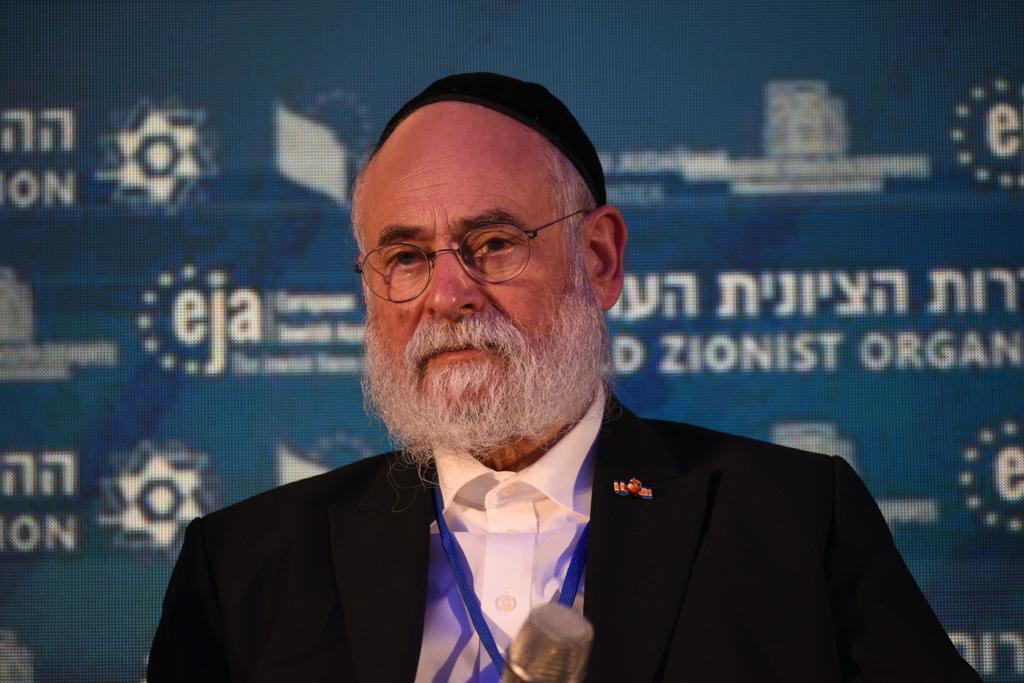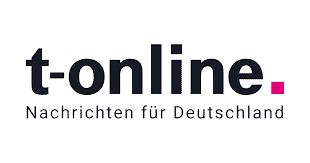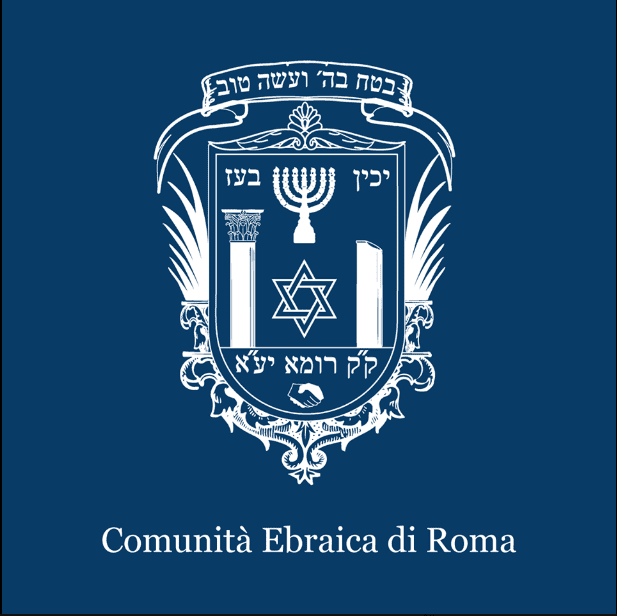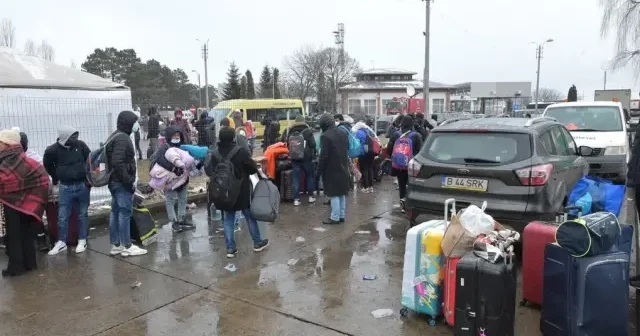“The Dutch government is spearheading a crucial investigation into the fate of Jewish property looted during the Holocaust. However, a disheartening reality emerges as a staggering 80 cities, towns and villages in the Netherlands decline to participate in this vital mission,” according to Dutch Chief Rabbi Binyomin Jacobs.
“Some claim there are no remaining Jewish residents in their communities, while others assert that the property has already been returned, despite conflicting information. This concerning trend reflects a growing wave of antisemitism in the Netherlands, a deeply rooted issue that traces back to the Crusades in the Middle Ages and has persisted through the critical race theory era.
“Today, this pernicious virus continues to thrive under the guise of anti-Zionism, posing a significant threat to societal harmony.”
With these words, Jacobs, the chief rabbi of the Netherlands, delivered a poignant address Tuesday during the inaugural session of the two-day annual conference organized by the Association of Jewish Organizations in Europe (EJA).
Held this year in the vibrant city of Porto, Portugal, in collaboration with the World Zionist Organization, the Jewish community of Porto, and the EMIH – Association of United Hungarian Jewish Congregations, the conference has drawn together some 150 influential leaders representing Jewish communities and organizations from across Europe.
In an announcement made at the conference, Rabbi Menachem Margolin, chairman of the European Jewish Association (EJA), unveiled a proactive initiative aimed at addressing the rising tide of antisemitism on European campuses.
Recognizing the alarming instances of harassment faced by Jewish and pro-Israel students from faculty members, the EJA is taking decisive action by establishing a dedicated task force and launching a scholarship program specifically designed to empower and protect Jewish students and young individuals.
Jacobs recounted a recent conversation he had with the mayor of a city that once boasted a vibrant Jewish community before the Holocaust. Tragically, the majority of the community perished, leaving only two survivors in its wake.
Reflecting on the ordeal, Jacobs lamented: “There was a synagogue there. The mayor approached the remaining Jews, expressing interest in purchasing the synagogue. However, its value had diminished, as there were no longer worshippers.”
He further emphasized the irony of the situation, stating: “First, they murdered the Jews, and then they claimed the synagogue held no worth due to their absence.”
Highlighting the present climate, Jacobs shared his own experience.
“Today, when I address non-Jewish audiences in the Netherlands, they compliment my proficiency in Dutch, unaware of my Jewish heritage. I respond, ‘I’m sorry, but I have been Dutch for several generations.’ Their reply stings: ‘Sorry, we mistakenly assumed you were Jewish.'”
Read more- https://www.ynetnews.com/article/rkf9kywrh















